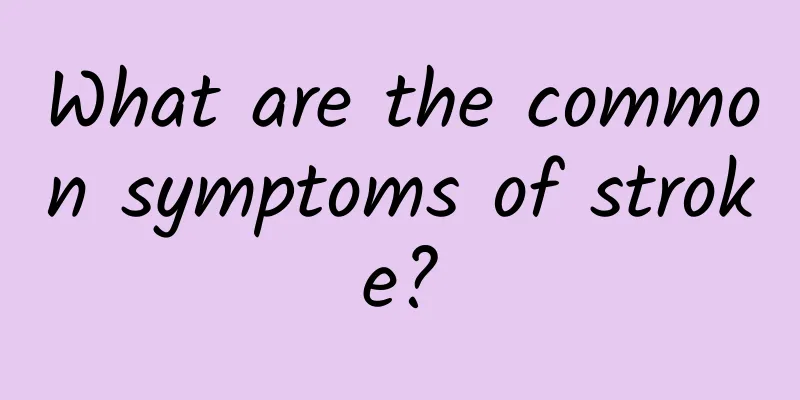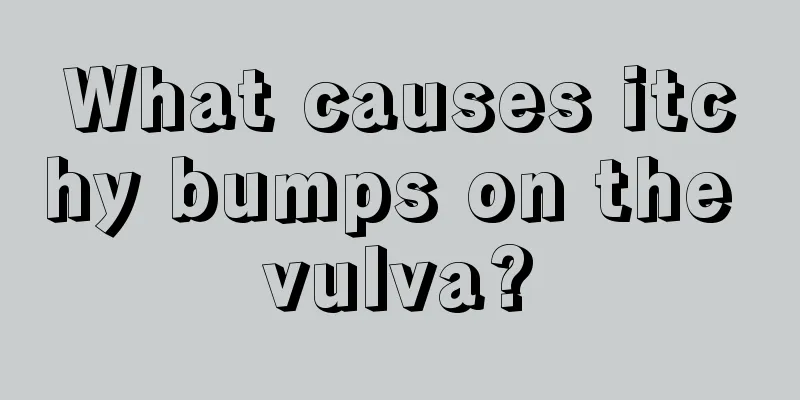What are the common symptoms of stroke?

|
Because the location of brain lesions, severity of lesions, and personal conditions of different stroke patients are different, the manifestations of each stroke patient are different. The following are some common manifestations of stroke: (1) Unilateral limb weakness: usually manifested as weakness on one side or only weakness in the arm or leg. If this symptom of numbness or weakness on one side occurs, then the stroke lesion is on the opposite side of the brain. For example, if the stroke lesion is on the left side, the patient will experience numbness or weakness on the right side. (2) Balance or coordination disorders : Although the patient's limb muscle strength is normal, he or she may have difficulty sitting, standing or walking. (3) Language difficulties ( aphasia or dysarthria): Aphasic patients may be unable to understand or write; or they may understand normally but be unable to express or write. Dysarthria manifests as unclear pronunciation and slurred speech , which we often call "tongue-in-cheek". (4) Ignoring the existence of one side of the limbs or neglecting one side (visual neglect): The patient often cannot feel the existence of the affected side , ignores one side of the limbs, or only eats food on one side of the plate due to visual neglect . (5) Pain, numbness or paresthesia: sudden onset of headache that is different from previous attacks, or pain in one limb or body; numbness or paresthesia in the limbs, especially at the ends of the limbs such as fingers or toes, or a sensation of ants crawling or tingling in the cheek skin on the hemiplegic side, or a slow response to stimulation . Numbness is often related to weather changes . The numbness is particularly obvious when the weather changes suddenly, when it is hot and humid, before and after rain, or when the weather is cold. When these symptoms occur, it is difficult for the patient to relax or feel comfortable. (6) Patients may have difficulties with memory, calculation, attention or learning (cognitive impairment): Patients may have mild intellectual impairment or severe impairment, such as decreased memory, difficulty in calculation, lack of concentration, loss of direction, lack of knowledge of place or time. (7) Decreased judgment: The patient may make incorrect judgments about events, which may lead to dangerous behaviors that endanger themselves or others. (8) Dysphagia: Patients may experience difficulty swallowing and choking when drinking water, which may result in the patient being unable to take in enough food. In more serious cases, dysphagia may cause the patient to aspirate food, which enters the trachea and causes aspiration pneumonia. (9) The patient has problems controlling bowel and bladder: Bowel and bladder incontinence may occur when autonomic nervous system disorders occur. This situation can be solved by using a bedpan or other washing equipment. (10) Fatigue: Fatigue may limit the patient’s recovery . (11) Sudden emotional outbursts, such as sudden crying, laughing, or anger : These may indicate that the patient needs help, understanding, and adjustment of the post-stroke patient's psychology . (12) Depression: This is common in stroke patients. It may occur soon after the stroke or a few weeks later, and the patient's family is usually the first to notice it. Brain damage can affect the patient's movement, sensation, behavior, speech and thinking. After a stroke, some patients have part of their brain that works normally, but other parts do not. (13) Impairment of consciousness: When lesions in the brain stem or large-scale lesions in any part of the brain cause damage to the nerve cells or nerve conduction pathways in the brain that are responsible for the state of wakefulness, impaired consciousness may occur, including drowsiness and coma . Patients with impaired consciousness often have a poor prognosis . It should be noted that stroke patients may experience the above symptoms, but patients experiencing the above symptoms do not necessarily have a stroke. When the cause cannot be confirmed, especially when the above symptoms appear for the first time, you should seek help from a professional doctor. |
<<: The relationship between atherosclerotic plaque and stroke
Recommend
Can birth control rings cause inflammation?
Whether a man or a woman goes to the hospital to ...
What are the nutritional components of kiwi fruit? What are the functions and effects of kiwi fruit?
China's Shaanxi (southern end), Hubei, Hunan,...
How to avoid contact with dust mites How are dust mites produced?
Dust mites are very common allergens and are easy...
What should I do if my left breast is bigger than my right breast?
Some women have round and firm breasts, some have...
How many days of pregnancy does one deep and one shallow have
Female friends who often use pregnancy test stick...
What is the nutritional value of raw pumpkin seeds? What kind of garbage is pumpkin seed shell?
Pumpkin seeds, also known as white melon seeds an...
Will insufficient blood lead to delayed menstruation?
It is very common for women to suffer from insuff...
What causes headaches, nausea and vomiting during menstruation?
Key reminder: Many women find that they have head...
Can overnight Pu'er tea be drunk? How to distinguish the quality of Pu'er tea
Pu'er tea is a kind of tea that tea lovers of...
How long does it take for the egg to be released after the follicle ruptures?
I believe everyone should have a certain understa...
What should girls do if they have a bad stomach?
Poor gastrointestinal function is mainly caused b...
Best time for intercourse during ovulation
A woman's body only produces one egg every mo...
The navel is hot in the late pregnancy and the baby is about to be born
In the first three months of pregnancy, mothers j...
Lumbar disc herniation: from cause to treatment
Lumbar disc herniation : from cause to treatment ...









